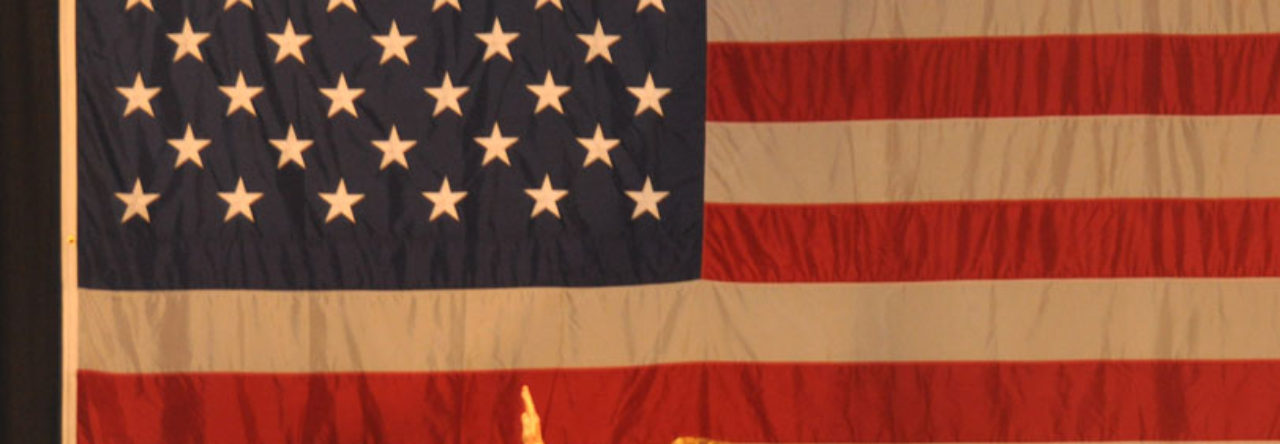Who knew that an area of our brain known as the medial orbifrontal cortex could affect whether we enjoy something purchased at bargain basement prices as much as an item or service for which we have paid Top Dollar? New research published in the Proceedings of the National Academy of Sciences, conducted by researchers at the California Institute of Technology and at Stanford demonstrates that the price people pay for something can change how much pleasure they derive from that item or service.
Neuro-economist Antonio Rangel of the California Institute of Technology and Baba Shiv, a Stanford University behavioral economist had subjects evaluate bottles of wine. One bottle of wine cost $10; one bottle cost $90. In reality, both bottles were filled with the same exact wine.
The researchers then conducted a brain-imaging study of the wine tasters and learned that the wine drinkers who thought they were drinking the more expensive vintage experienced a greater degree of activation in their media orbitofrontal cortex. These wine drinkers also reported that the expensive wine was better, even though, in reality, the wines were identical.
Many studies have shown that, because of a general assumption that something expensive should be better, consumers value everything from clothing to food more highly when the price is marked up. This effect, called the price-placebo effect, because it seems similar to the placebo effect in medicine, has been reported in a number of studies over the years. Researcher Baba Shiv said, “The price-placebo effect comes from the fact that you form this global belief that low price equals low quality.” My friends who believe that anything marked “Sony” must be better than a competing brand would fall into the majority of buyers.
In addition to the wine study, there was a corollary study involving solving word puzzles. Subjects were offered an “energy drink,” which they were told would boost their puzzle-solving performance. Some were asked to buy the drink at full price of $1.89. Others were offered the same drink, but told that, because of a bulk purchase, they could purchase the energy drink for only eighty-nine cents. Those who paid full price for the energy drink were able to solve nearly two times as many puzzles as those who received the discounted energy drink.
Some of the explanation for the improved puzzle-performance on the part of those who paid full price was attributed to persistence: “I paid full price and I’m going to hang in there and solve this (these) puzzles!” The studies bring up an interesting question: If I paid Top Dollar for something, and, as a result, derived more pleasure from it, was I ripped off, or did I actually get a better deal than the person who got a discount? If you found that comment confusing and contradictory, join the club; it becomes almost like as complicated as chess trying to decide if it is better to get a bargain or to pay full price.
The implications in these studies were very interesting, in light of the large number of consumers today who purchase many items in discount houses such as Sam’s Wholesale Club, Circuit City, Best Buy, and/or CostCo. When I recently purchased a Calvin Klein black pea coat from Sam’s for $25, I remember feeling that, although the coat looked good on me, fit well, and was a “name” brand with a much-higher price tag attached (from the original Calvin Klein stores), I found myself telling people that the coat had come from Sam’s Club and “only cost $25.” Rather than enjoying it less because of that fact, however, I actually think I enjoyed it more, feeling that I had gotten a bargain.
I wonder if the item makes a difference? A coat, after all, is more of a necessity than wine, puzzles or hookers…the third purchased “service” the article discusses at length.
The original article discussed former Governor Eliot Spitzer’s purchase of sexual services from a prostitute in The Emperors’ Club known as “Kristen” and debated, at length, whether Spitzer got 10 times the value for his $1000-an-hour tryst of someone who only paid a prostitute $100 an hour.
For me, the ultimate answer to that question is whether the price Spitzer paid— his future in politics, his family, his reputation and his aspirations for higher office—were worth the few hours of hedonistic pleasure he derived in hiring a high-priced call girl for sexual services. Logic would suggest that Spitzer not only crossed the line morally, but also paid far more than what “Kristen’s” services were worth.

